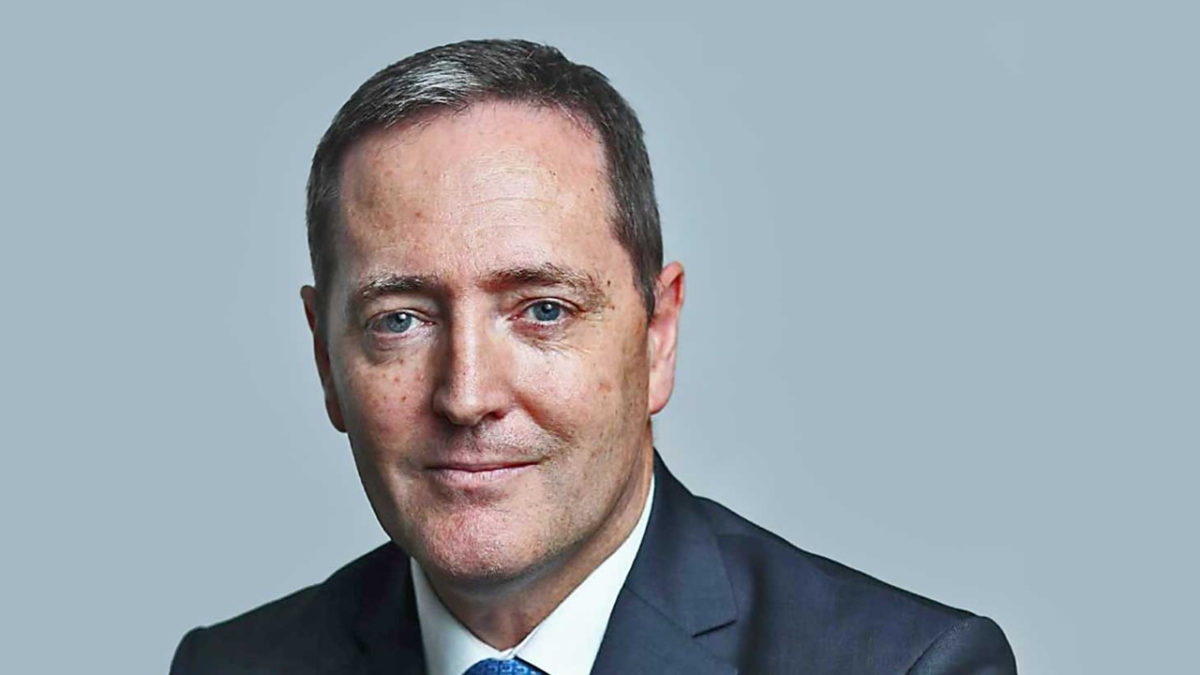The Government makes YFYS concessions
After repeated and universal criticism from all major super industry bodies, the Government has agreed to two amendments to its performance benchmark as part of the Government’s proposed Your Future, Your Super legislation.
The Government announced last week (April 28) that it would allow the inclusion of infrastructure and unlisted property as well as administration fees in the figures for comparisons under its annual performance ‘heat map’.
The move was welcomed by main bodies ASFA and Industry Super Australia (ISA), although the major issues complained about – the ‘best-in-show’ nature of the numbers likely to have unintended adverse consequences and the ‘stapling’ of members to their first super fund were not addressed.
The regulations were due to take effect with the legislation from July 1, but this is now unlikely to be passed in time.
The Treasurer, Josh Frydenberg, and Minister for Superannuation and Financial Service, Jane Hume, said in a joint statement: “This will improve the accuracy of the performance test; strengthen the focus of the test on investment outcomes delivered to members; and ensure that Australian superannuation funds can invest with confidence in these domestic assets.”
Both ISA and ASFA released brief statements on the day. ISA said: “Both changes in the proposed regulations released today need to be examined in further detail, but ISA is willing to work with the government on further changes to get the best outcome for members.”
ASFA chief executive, Martin Fahy said: “Australian superannuation funds’ strategic asset allocation, including the significant allocation to unlisted investments, has been an important element in their outperformance compared to international peers. The changes… have the potential to mitigate investment distortions foreshadowed by the industry when the benchmark was first announced.”
On the inclusion of admin fees, he said: “Including all fees in the proposed benchmark will help align the benchmark to the reality of the returns members see in their superannuation and help address any anomalies that different cost definitions might cause when comparing the performance of different products.”
The industry has until May 25 to make further comment.











